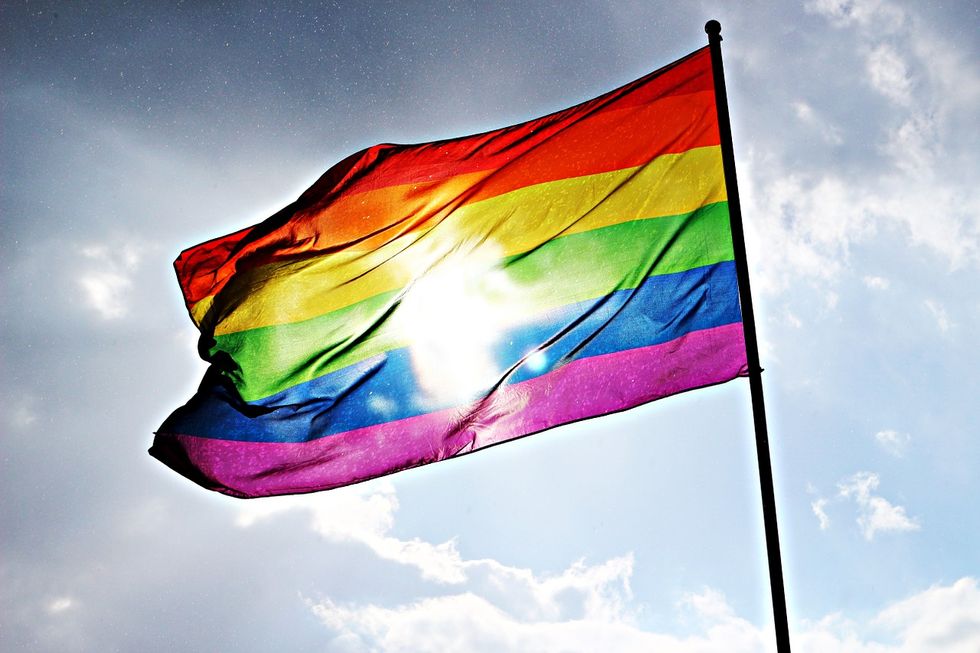Pride Month is fiercely important. It requires us to direct attention to the LGBTQIA+ community, a community that deserves attention and action at all times, but so sparingly receives it. Annual parades, marches, and protests allow for a celebration of people, for increased visibility, and for recognition of a history often untold.
For anyone who isn’t part of the community by identity, this month is easy to become detached from. I can say it quite honestly: until high school, I hardly knew that Pride Month existed. I did not know that identifying as anything other than straight was as socially or politically stigmatized as it continues to be.
According to a 2013 survey by the Pew Research Center, "About four-in-ten (39%) say that at some point in their lives they were rejected by a family member or close friend because of their sexual orientation or gender identity.” When I was 15, my cousin came out to me. Thus far, only myself and one other family know.
I don’t have a voice for the LGBTQIA+ community that is genuinely validated because I do not know the experience of being in it. I cannot speak on their behalf. I do not have to worry about trusting a cousin who, past midnight, might reveal herself to be open to the idea of love that does not involve marrying a man and having his children. I do not have to worry about being rejected by a family member or close friend, rejecting me because of my sexual orientation or gender identity.
American law has taught me that being straight grants a privilege that others do not enjoy. Just two years past the success of making same-sex marriage a national law, the protections provided to transgender students were rescinded. This month commemorates the Stonewall Riots of 1969, riots for equality that have yet to fully succeed in their aim. Though I may not understand the experience of living as part of that community, it is human to understand that the absence of rights and acceptance experienced by a cousin, friend, or citizen is unjust.
I am not part of the LGBTQIA+ acronym, but as someone on the sidelines, it is very much my job to use my privilege for the benefit of the community. It is my job to educate others, to demonstrate acceptance, and to promote safety. Pride Month is not about me, but it demands my action. It is a chance for me and people like me to show solidarity, support, and strength. This isn’t to say that that effort ends with June. The ability to do this is a permanent one, and this month simply provides a much needed spotlight.
Happy Pride!
Volunteer opportunities can be found with The Ali Forney Center, Hetrick Martin Institute, SAGE, Brooklyn Community Pride Center, and LGBT Community Center.

















